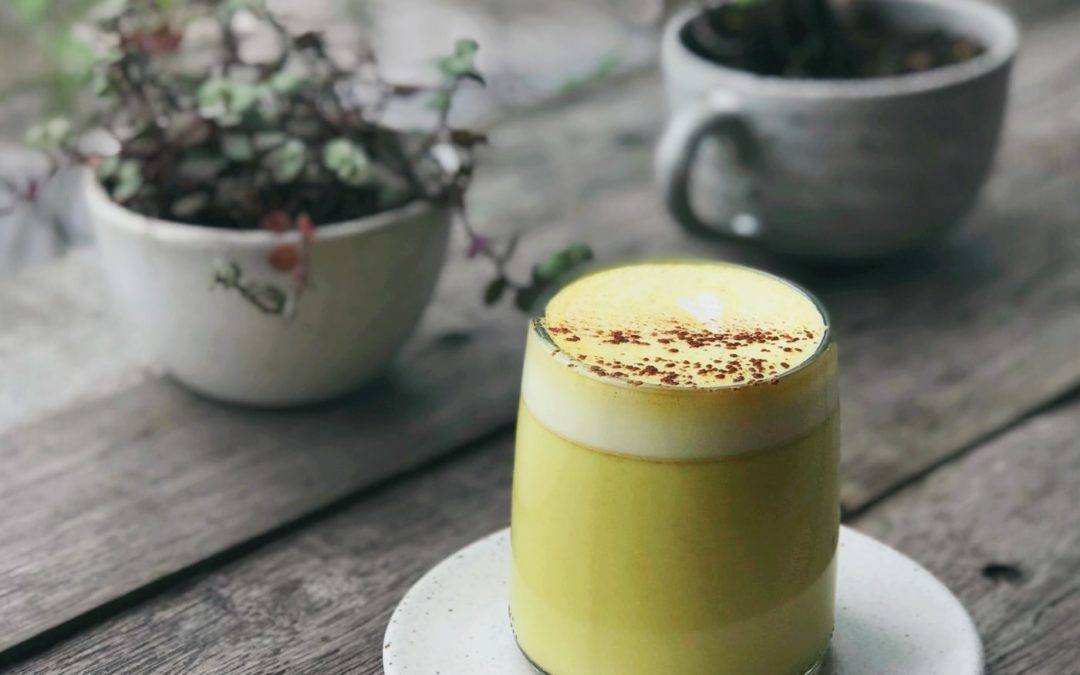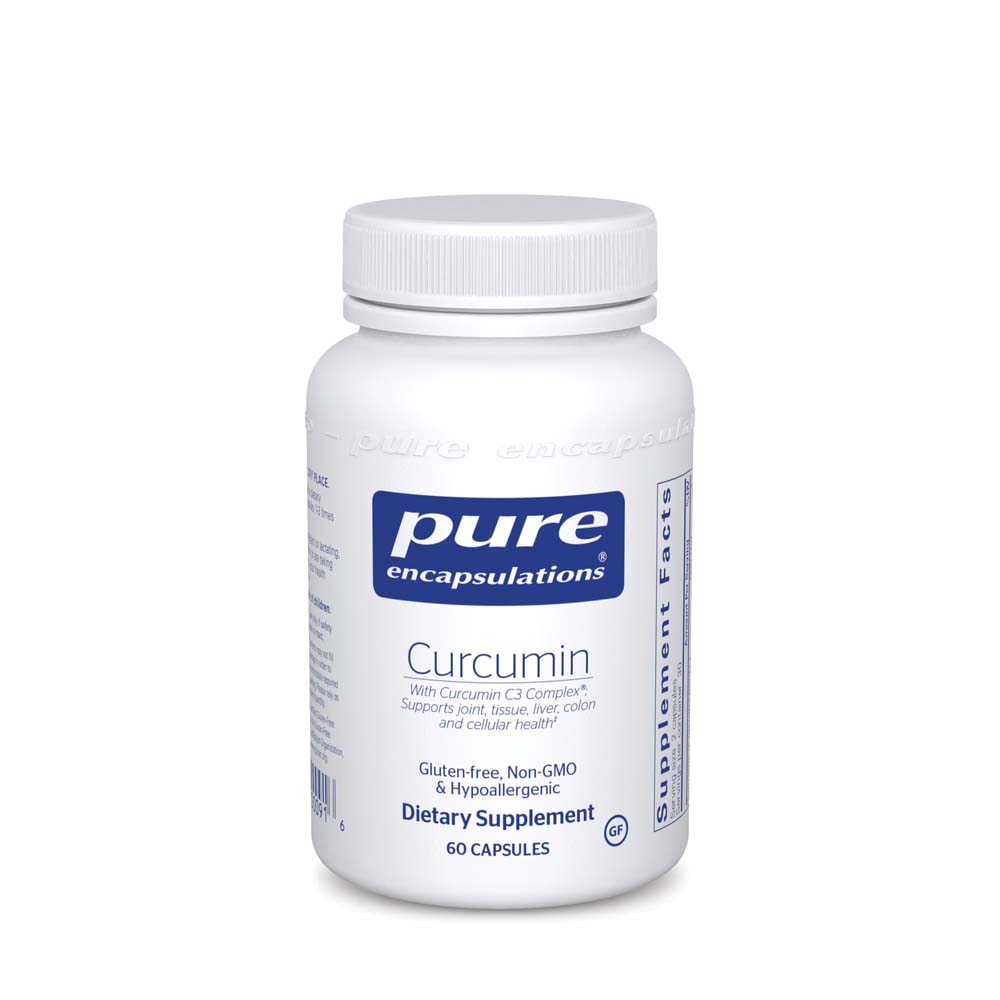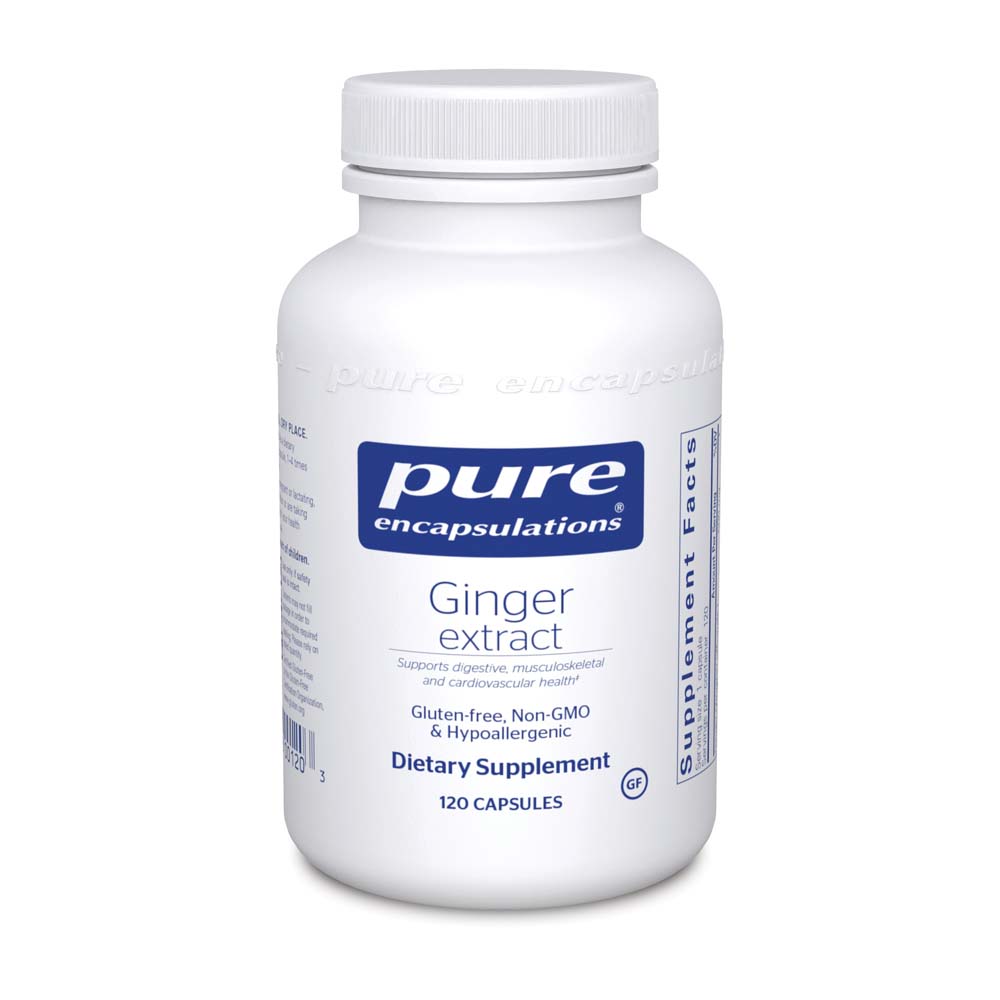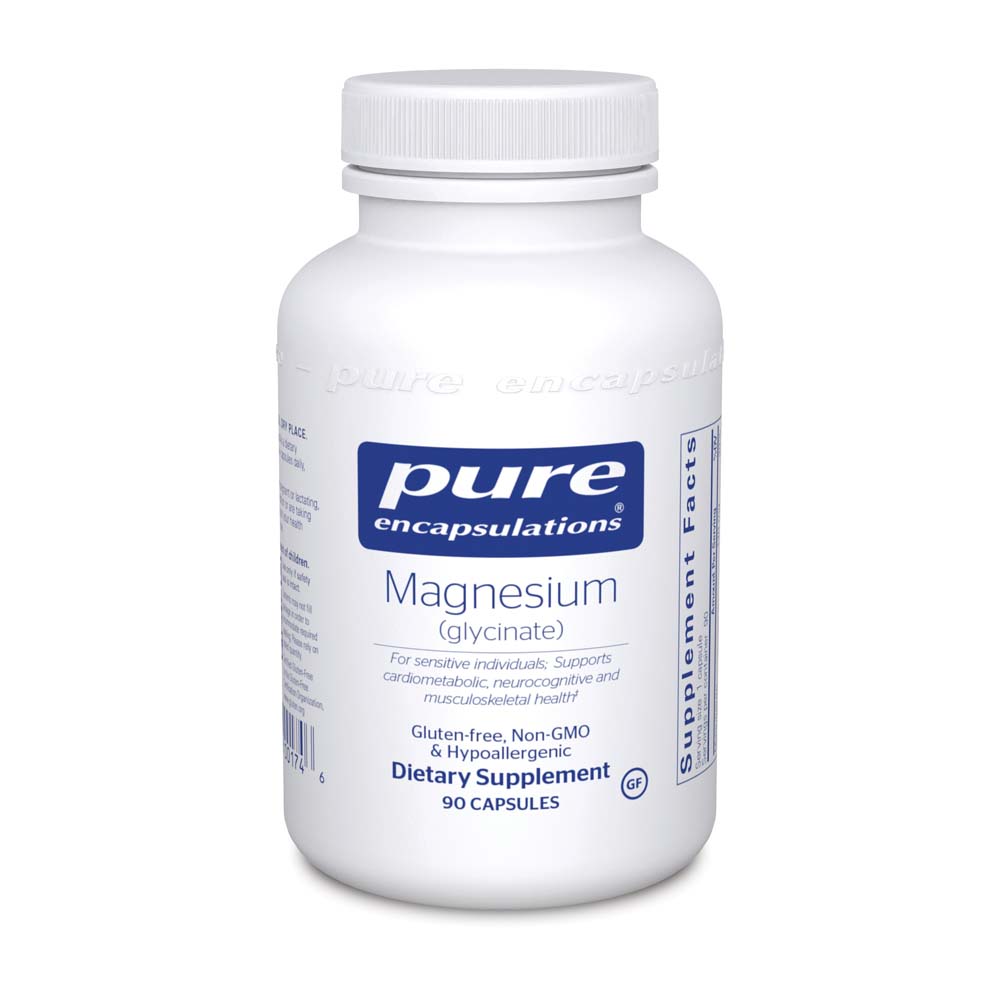Painful periods. A nuisance that nobody has time for these days. Girlfriend, I will say this until the cows come home…You do NOT have to struggle any longer.
Our recent post covered medical treatments for dysmenorrhea. Over 60% of you admitted to struggling with painful periods each month, while more than 70% of you reported taking over-the-counter pain relievers while on your period. Also, many of you have requested more information on effective alternative methods of treatment for this bothersome issue facing an astounding number of women today, so that’s just what we’re going to cover!
I’m sure you’ve discovered by now that one way or another your diet and lifestyle impact how you feel. In the same way, they may also drastically impact your period (both the amount of pain and flow). In fact, studies have linked exercise and lower body weight with less painful and lighter periods. We’ve also seen an association between specific diets / supplements and lighter, painless menses. You must know that I am not against medications when it comes to treating dysmenorrhea, but I wouldn’t be serving you well if I didn’t council you on additional treatment options that are both safe and potentially very effective.
A quick note – It’s important to understand that an integrative approach to treating painful periods focuses on each individual woman, so please know that there is likely a complex explanation for each person’s symptoms that may include a combination of physical, environmental, and / or psychological factors. Treatment works best when it’s multimodal and tailored to each individual person’s needs. The goal is to provide the most benefit at a low cost with the least amount of side effects. Given that this is not a “one size fits all” list, I do recommend scheduling a consult so that we can discuss a tailored plan just for you!
Without further adieu, here are a few general tips that I give patients who are looking for alternative treatment options for dysmenorrhea:
DIET.
Did you know that pain relieving medications work by blocking the action of Nf-KB cell signaling molecules (a molecule directly linked to causing pain and inflammation)? Did you also know that certain foods can turn on the “Nf-KB complex” to cause inflammation and pain, and certain foods can turn this off (just like painkillers)?! Wow – Can you see direct link between diet and pain/inflammation?
Here are a few dietary tips:
- Avoid trans-fats/saturated fats, processed foods, and sugar.
- Eat a diet low in animal fat and high in unrefined carbohydrates, fruits, and vegetables.
- Consider consuming one serving of whole food soy each day.
- Limit caffeine and alcohol intake (consider stopping altogether for two months in order to monitor if symptoms improve).
Of note, plant based diets really do seem to improve periods (one study revealed that after 2 months on a plant based diet, participants experienced increased levels of sex hormone binding globulin, which corresponds to a decreased risk of pcos and also has been proven to reduce period pain). Would you give it a try?
SPICES AND HERBS.
Turmeric (curcumin) increases the brain’s derived neurotrophic factor which is linked to reducing period pain. A randomized control trial found that women who took curcumen for three months had significant improvement. The recommended dosage equated to 2 tablets 1-3 times daily beginning 7 days before period. Try adding curcumin to your lattes, soups OR taking it in supplement form. In fact, we’ve gotcha covered there…
Ginger has also shown promise! A study with 3 cohorts of women where the first group took 250mg ginger powder capsules 4 x a day for 3 days beginning the first day of menses, the second group took 250 mg methylmalonic acid 4 x a day, and the third group took 400mg Motrin 3 x a day. The results concluded that each treatment was equally effective! Try adding ginger to your salad dressings, soups, OR take a supplement. We’ve gotcha covered there too…
ADDITIONAL SUPPLEMENTATION.
Calcium (citrate or carbonate) works by modulating the effects of estrogen and other hormones. In one randomized, multicenter trial, 720 women were given 1200mg/day of calcium vs placebo in the week before menses for three cycles. The study group experienced a 48% reduction in symptoms!! Calcium is best absorbed taken in smaller doses, so it is recommended to take 600mg twice a day during the luteal phase of the period of daily.
Vitamin D serves as a hormone modulator, smooth muscle relaxant, and inhibitor of prostaglandin production. A double blind placebo randomized control trial observed that women who were given a single dose shot of vitamin d experienced significant reduction in period pain. However, additional substantial data is needed. It is known that low concentrations of vit D is associated with a myriad of women’s health issues, so it can be safely supplemented typically at 800-1200 IUD daily).
Magnesium is also a hormone modulator, smooth muscle relaxant and inhibitor of prostaglandin synthesis. Magnesium has been associated with decreased bloating, cramping and improved bowel function. Supplementation with magnesium citrate at 400mg daily is considered both safe and often beneficial for treatment of dysmenorrhea. However, Magnesium can interact with many medications, including antibiotics such as ciprofloxacin (Cipro), levofloxacin (Levaquin), and tetracycline; bone-building drugs such as alendronate (Fosamax), and risedronate (Actonel); diuretics (water pills); and other drugs.
EXERCISE.
30 min per day of moderate intensity exercise does tend to improve PMS symptoms and possibly even dysmenorrhea. It is believed that exercise helps balance hormone levels and suppress excess steroid hormone levels. However, more research is needed in this field.
ADDITIONAL TIPS.
The following tips may also help relieve pelvic pain:
- Castor oil pack. Apply oil directly to skin, cover with a clean soft cloth (for example, flannel) and plastic wrap. Place a heat source (hot water bottle or heating pad) over the pack and let sit for 30 to 60 minutes. For best results use 3 consecutive days in 1 week.
- Heat application. Continuous low level topical heat therapy (i.e. warm heating pad or washcloth) has been shown to be as effective as ibuprofen (Advil) for the treatment of dysmenorrhea.
- Sitz bath. Use two basins that you can comfortably sit in. Sit in hot water for 3 minutes, then in cold water for 1 minute. Repeat three times to complete 1 set. You can try this 1-3 times per day for the first few days of menses.
- Acupuncture. Acupuncture has shown much promise in the treatment of dysmenorrhea, and the NIH (National Institute of Health) recommends this either alone or in combination with other treatments for the relief of painful menses.
Alrighty folks. This list is not meant to be overwhelming, and my hope is that even if adopting all of these recommendations at once seems impossible, you may be encouraged to give 1-2 of them a try and discover if your symptoms improve. Again, supplementation may not be necessary, but the above recommendations certainly are not considered dangerous and have shown to be beneficial in some cases. Please feel free to schedule a personalized visit in order for us to discuss and tailor your treatment in a way that serves you best!







